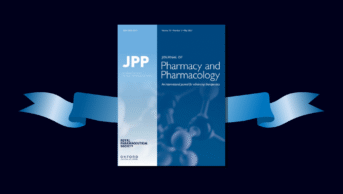
Shutterstock
MPs have been told that the development of artificial intelligence (AI) in the health service will not threaten the need for human clinicians in the workplace.
The AI research company DeepMind Health — which is owned by Google — told the House of Commons Science and Technology Committee that algorithms used as part of AI will help clinicians, rather than replace them.
Dominic King, senior staff research scientist and clinical lead at DeepMind Health said: “In the foreseeable future … it will remain a clinical decision aid. I still see the clinician as essential to the diagnosis and treatment decision.”
The committee was taking evidence as part of its ongoing inquiry into the increasing use of algorithms in decision-making in the public and private sectors.
The potential value of algorithms was brought home to MPs when King told them of the impact of the Streams app that DeepMind Health has developed in partnership with the Royal Free NHS foundation trust in London.
Streams uses test result data to identify which patients are at risk of developing acute kidney injury, meaning doctors and nurses can respond in minutes rather than hours or days, potentially saving patient lives. King told MPs that nurses at the Royal Free report that the app is saving them around two hours a day.
He revealed that the message from clinicians on the use of algorithms in health was that “there isn’t a clinician who wants an algorithm which doesn’t allow them to question it.” Patients, on the other hand, want hard evidence that these things work: “We need rigorous evaluation to back this up,” he said.
To get medical device status, algorithms must go through the same rigorous safety evaluation that applies to other devices, Ian Hudson, chief executive of the Medicines and Healthcare products Regulatory Agency told the committee.
New releases of the same algorithm would also have to be reassessed, he said, but he warned that regulation of AI should be “proportionate”, and must not create barriers to innovation.
Hudson also told MPs that there difficulties around regulating algorithms designed to offer “continuous learning”.
“This is a much more challenging area we are grappling with,” he said. ”It’s a work in progress.”


